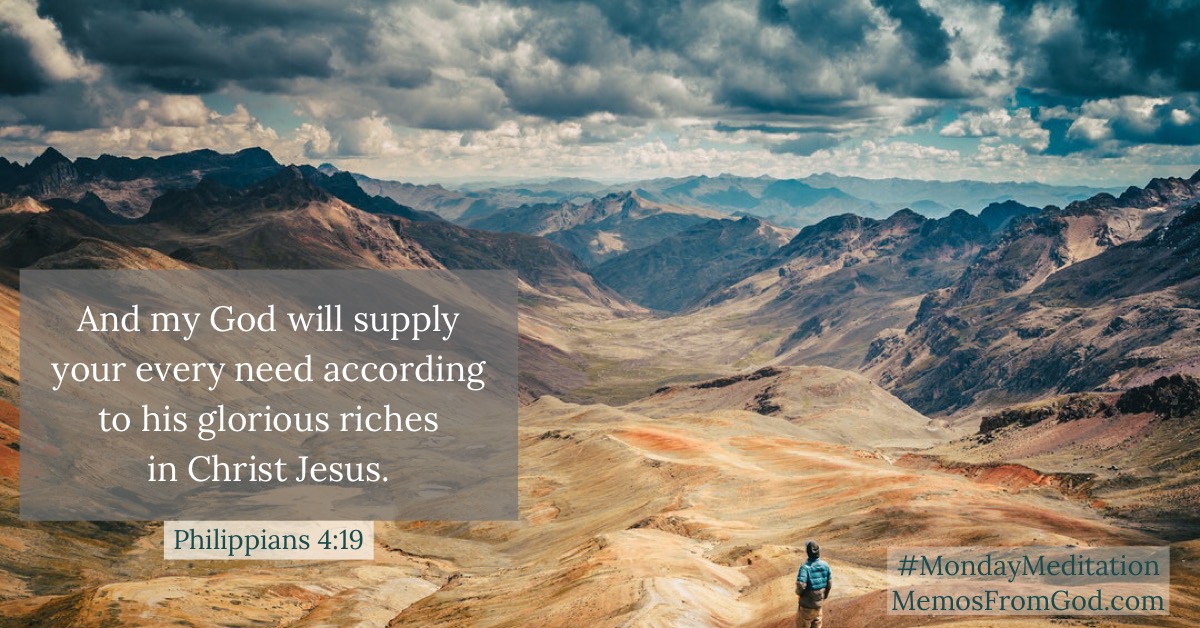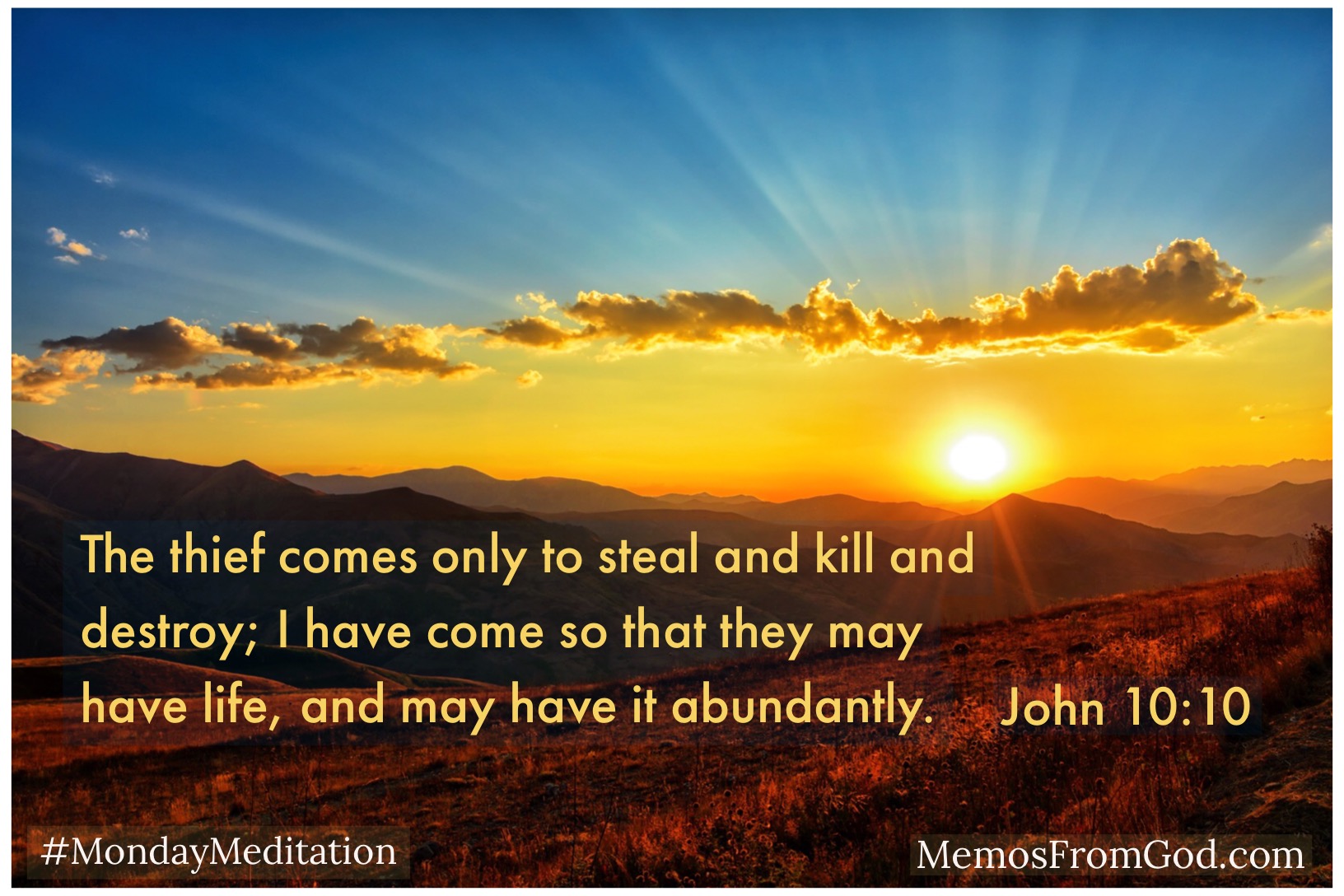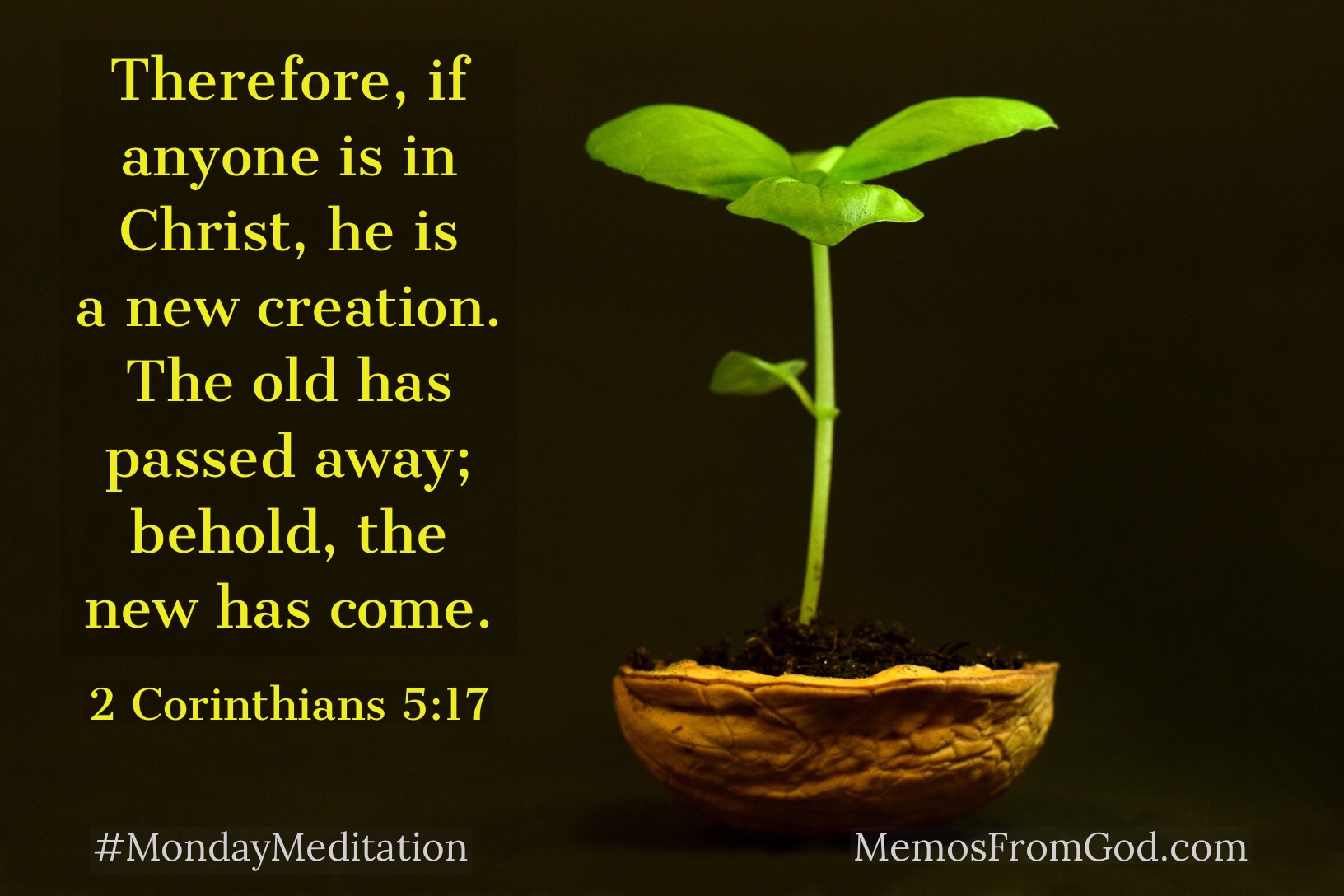

Attempting to Understand the Bible



It is not the flip of a calendar page that makes things new. It is Jesus.
I wish you all good things in 2019.

Long-time readers of this blog will know that Rusty Wright has contributed many articles to it over the years. Some have been co-written by his wife Meg Korpi. I was very sad to learn that Meg has passed away after suffering with cancer for the last few years. Today's post is a tribute to her, written by Rusty, and shared with permission.
---------

Recently, when my wife, Meg Korpi, was dying of cancer, a longtime friend offered some advice I'm really glad I heeded.
"Hutch" Hutchins told me I should write a tribute, expressing what she's meant to me and how much I love her. I should frame it, give it to her, and read it to her personally.
Meg was on home hospice care after a three-and-a-half-year struggle with ovarian cancer. I was her primary caregiver – a demanding, 24/7 responsibility – and was reeling with exhaustion. But his advice clicked. I read the tribute to her on May 21, our 16th anniversary.
It had a very positive effect…calming, soothing. She seemed at peace, contented, with brightened spirits. It was one of her last lucid days before dying a month later.
Tribute to a rare jewel
Meg was a rare jewel. In her wedding vows, she had said she wanted me to feel like "the most blessed man alive to be married to" her. I did. In this tribute, I told her that in her, God gave me:
• A gorgeous bundle of fun, adventure, character, and faith
• A godly woman who walks closely with Him
• A faithful friend – my very best friend – and companion
• A keen mind to help me think through life's sometimes perplexing issues
• A wise counselor with sound advice at crucial junctures
• A determined spirit to prompt me to reconsider my course when needed
• A sweet lover (Whew!)
• A fun woman, whose sense of humor brings delight. I love to laugh with you!
Thank you so, so much for loving me unconditionally; for honoring and respecting me; for caring and encouraging; for listening to my heart; for sharing my joys and hurts; for looking out for my interests; for being there through good times and bad; for facing life with me as long as we both shall live.
I love you very much, and am eternally grateful to be your husband.
* * *
Lots of laughter
We loved to laugh. As world travelers, sometimes we laughed about language translation complexities.
60 Minutes television veteran Mike Wallace, speaking through an interpreter, once asked former Russian president Boris Yeltsin if he weren't being a bit "thin skinned" in his sensitivity to media criticism. The interpreter goofed, telling Yeltsin that Wallace had said, "You are a thick-skinned hippopotamus."
Shortly after we married, a speaker at a Miami meeting I attended told of efforts to translate a biblical love poem into the language of a Kenyan tribe. The phrase, "Your beauty is like that of the lily," did not connect with the rural East Africans, for whom lilies were mere cattle fodder. Their culture highly esteemed the cow, not the flower. On the advice of tribesmen, the translators rendered the romantic phrase: "You are a black cow in a herd of spotted cattle."
The speaker relating this tale suggested I use that compliment on my new bride, without explanation. Since Meg was returning to California from Philadelphia that evening, I left the cryptic greeting on our home answering machine. A few hours later, my Miami phone rang. Her first words: "And you are a thick-skinned hippopotamus!"
Most important lesson
At her memorial celebration, I presented all this, then briefly noted a conviction we shared deeply, the most important thing I’ve ever learned. I'm indebted in many ways to my Jewish friends and their heritage for it.
One ancient Hebrew book describes Job, who, despite his slew of troubles, affirmed, "I know that my Redeemer lives." (Job 19:25) That gave him hope.
A skeptic in my youth, I didn't believe my Redeemer lived. I thought it was a fairy tale. Then, my first year at Duke, I heard a lecture about Jesus' Resurrection evidences, given by Bob Prall, who later became my mentor. Jesus was executed and declared dead, wrapped like a mummy, placed in a tomb. A huge stone covered the tomb's entrance, which Roman soldiers guarded. Most of his disciples fled in fear.
Sunday morning, the stone was rolled away, the tomb was empty, but the grave clothes were still in place. Jesus appeared alive. Frightened disciples became martyrs because they believed he had risen.
Attempts to explain this away didn't work for me. The guard was too powerful, the stone too heavy, the disciples too timid. I realized it was true. Jesus had successfully predicted his own Resurrection. If I could trust him in areas like this where I could test him, I had grounds for trusting him in areas where I couldn't test him, such as eternal life and how to obtain it. He said, "I am the resurrection and the life. The one who believes in me will live, even though they die." (John 11:25)
Comforting? True?
Is it comforting to me that I'll see Meg again and spend eternity with God? Absolutely. But it's only comforting because I believe the evidence indicates it's also true. If it weren't true, it wouldn't be comforting.
I realize this is a controversial subject, and you may not agree. If you've not examined the Resurrection evidences, may Meg and I gently and politely encourage you to take a look? Lots of good books and websites present them. Our own site – which Meg designed and built – also presents them. RustyWright.com
We know our Redeemer lives. We hope you can as well.
And…I love you, Sweetheart.
* * *
You can visit Lasting Memories for more on this remarkable woman, including a lovely 5½ - minute memorial presentation of Meg's life (images and music; put together by several family members).
Rusty Wright is an author and lecturer who has spoken on six continents. He holds Bachelor of Science (psychology) and Master of Theology degrees from Duke and Oxford universities, respectively. www.RustyWright.com
In my post of June 19, 2014, I began to look at I Peter 3:15, for insight into how to respond to the persecution we receive because of our faith. Depending where we are in the world, and who is doing the persecuting, the challenges we face because of our faith can vary widely, but our response should always be the same. In my last post, I discussed the first and most important part of that response which is to turn to God. No matter what we face, we should always turn to God first for the answers.
The second half of I Peter 3:15, along with I Peter 3:16 give us the second part of our action plan. I’m afraid that many of us don’t do this part very well either, and I pray that as you read this you will really consider how to implement it in your own situations. The instruction in the rest of the passage is to always be ready to explain why we believe as we do, and to do it with courtesy and respect so that there is no basis for any accusations against us.
Let’s break it down piece by piece.
Always be ready to give an answer:
Be prepared. Think about it now, so that when you are asked, you have the words to express what you really want to express. Why do you believe as you do? Anticipate the questions that someone might ask, and have your answer ready.
To anyone who asks:
Do you understand the implication of this phrase? We should be living in a way that makes others realize that we are different, and makes them wonder why. When they wonder, eventually, when they feel comfortable in their relationship with us, they will ask. Why do you do this? Why don’t you do that? Why don’t you get angry? Why don’t you get revenge? The things that you do or don’t do that are different from the way the world does them, that’s what you need to prepare your answers about.
About the hope you possess:
Ultimately, the reason for your specific actions and reactions is the hope that you have in God, the confident expectation we have that God will fulfill His promises to us. We need to be ready to explain Christianity in general, but specifically the assurance we have that Christ is able and willing to return and to provide us with eternal life.
Yet do it with courtesy and respect:
It is not our job to bully the bullies. We should not yell and scream nor be rude, sarcastic or offensive. We certainly shouldn’t be physically attacking anyone. If possible, so far as it depends on you, live at peace with all people. (Romans 12:18) It is not our job to change their minds about God, only to give an answer for why we believe. It is the Holy Spirit who will change their hearts when the time is right. Look at what happened to Saul, the persecutor, in Acts 9:1-9. God has the power to redeem.
Keeping a good conscience, so that those who slander your good conduct in Christ may be put to shame when they accuse you:
In Romans 12:17, just before the verse about doing everything you can to live at peace with everyone, Paul tells us not to repay evil for evil. No matter what someone else does, it is your responsibility to make sure that your actions are right. In the end we will all have to answer to God. We want to be righteous as we stand before Him on the day of judgement. (II Peter 2:9)
I do not want to discourage you from taking up the fight against injustice or the persecution of our brothers and sisters in Christ. In fact, I want to encourage you to do so. But please, be careful of your words and your actions. Rely on Christ, put Him first in your life, and always strive to please Him. The best way to do that is to love Him and to love others. (Matthew 22:37-39)
Christians suffer all around the world for no reason other than their Christian beliefs. Even in countries where religious freedom is a part of the law, as in Canada and the United States, Christians can be bullied, tormented and even killed by those who have differing opinions. There are some people who believe that if you don’t believe the same way they do, you don’t have the right to work, speak or even live. It’s not always that way, but there are many cases in which it is. To be honest, Christians haven’t always been the most gracious towards others with differing beliefs either, and some could really benefit by following Jesus’ example a little more closely. Ideally, differing beliefs should be the basis for reasoned debate rather than violence, but unfortunately we don’t live in an ideal world. (Genesis 6:11-12)
That is why I don’t believe that Peter, in I Peter 3:13, thought that followers of Christ would remain unharmed simply by always doing what is good. Peter had already seen suffering among Christ’s followers, and of course he had witnessed the torture and crucifixion of Christ Himself. I believe what is meant by Peter’s words in this verse is that what happens on this Earth is not the last word. I Peter 3:14 supports that by saying that if you do in fact suffer for doing what is right, you are blessed. Jesus said something very similar during His sermon from the mountain: “Blessed are those who are persecuted for righteousness, for the kingdom of heaven belongs to them.” (Matthew 5:10) Paul also knew this to be true. Paul started out as one of the most successful persecutors of Christians; his name was Saul then. (Acts 8:1-2) But after Jesus revealed Himself to Saul, (Acts 9:1-9) and changed his name to Paul, Paul suffered much for the sake of Christ. (Acts 9:16, II Corinthians 11:24-27) And yet, Paul was the one who said that nothing, nothing, could separate us from the love of God. (Romans 8:31-39)
Jesus Himself promised us that in this life we would face suffering (John 16:33), but He also told us to have courage because He has already conquered the world. He has already been declared the winner. Anything we encounter on this Earth is just temporary, and it cannot harm our eternal souls. Knowing that fact should help us to follow the advice in the second half of I Peter 3:14, the same advice that was given to Judah in Isaiah 8:12 from which Peter is quoting: Do not be afraid, and do not be shaken.
Today's post was written by and used with permission from Rusty Wright.
---------
OK, how would you feel if you thought you heard God telling you he was going to destroy every living thing on earth with a great flood?
Except he wanted you to build a boat to survive the tumult with a few relatives and a slew of creatures.
Would you jump at the challenge? Run and hide? Ask – as Bill Cosby did in his classic comedy routine portraying Noah – “Right! Who is this really?”
Perhaps you’ll sense how the biblical Noah felt. Paramount Pictures and director/co-writer Darren Aronofsky bring Noah to the big screen in North America and worldwide throughout late March and April. The cast includes Russell Crowe in the title role, Jennifer Connelly, Emma Watson and Anthony Hopkins.
With breathtaking cinematography, this film imagines some intense struggles for Noah and his family. We see sorrow for lost masses, interpersonal conflicts, and practical realities of living on a creature-packed craft.
Taking Liberties
Paramount says Noah’s story “inspired” the film, but that “artistic license has been taken.” Too much license, feel some. I’m reminded of TV’s iconic psychiatrist Frasier Crane, concerned that an employee was “taking far too much liberty with the liberty-taking!” Readers of the biblical Noah story won’t find there, for instance, the film’s multi-armed fallen angels, its pronounced environmentalist message, or hordes of people fighting to board the ark.
The biblical account is short – mostly Genesis 6-9 – with little detail about ark life. So, yes, the filmmakers took liberties – many. Aronofsky recently told The Atlantic he views the story “as poetry and myth and legend” that helps us understand the world and ourselves.
But the essential framework of the biblical flood story – human evil, divine judgment, hope and salvation – remains in Noah. Consider these facets of that story and their modern implications.
Human Evil; Divine Judgment
Genesis says humanity was a mess: “The Lord observed the extent of human wickedness on the earth, and he saw that everything they thought or imagined was consistently and totally evil. … It broke his heart.”
Human corruption prompted him to “destroy every living thing.” But “Noah was a righteous man … [who] walked in close fellowship with God.” God told him to build a large boat, specifying precise dimensions and design.
Filmmakers took pains to follow biblical specs for their ark. The production designer had many ideas for the ark’s appearance, but Aronofsky, who is Jewish, insisted, “No, the measurements are right there.”
Salvation, Hope, Promise
Noah built his ark and took aboard his wife, their three sons with their wives, plus pairs of animals, birds and crawling creatures. Elaborate computer-generated imagery portrays the animals for film.
Rain poured, underground water erupted, and floodwaters covered the earth. Every human, bird and land animal not in the ark perished. The waters receded, the earth dried, and the ark inhabitants disembarked. God promised never again to destroy the earth by flood, offering the rainbow as a pledge reminder.
Faith; Future
If you attend the film, I suggest reading the biblical account first, then again after the screening. Noah’s story has much for a 21st–Century audience, including two nuggets about faith and the future.
The New Testament lauds Noah for his faith. He was not perfect. “Wickedness is…in all of us,” he tells his wife in the film. His own drunkenness – depicted in the film – led to embarrassment and family conflict. But his faith in God mattered. I came to faith as a skeptical university student. It has made all the difference in my life.
Concerning the future, Jesus indicated his second coming would be “like it was in Noah’s day” with people carrying on their routines and unaware of impending peril. “You also must be ready all the time,” he continued, “for the Son of Man will come when least expected.”
I want to be ready.
---------
Rusty Wright is an author and lecturer who has spoken on six continents. He holds Bachelor of Science (psychology) and Master of Theology degrees from Duke and Oxford universities, respectively. www.RustyWright.com
---------
This movie is rated PG-13 (USA) for "violence, disturbing images and brief suggestive content"
At the beginning of this new year, I am thinking about hope. As I have said before, Biblical hope is not wishful thinking, but a confident expectation that God will fulfill His promises to us. If we look carefully enough, we can find stories of hope all around us. The television programs 100 Huntley Street and Full Circle specialize in sharing stories of hope. If you were to ask your friends, most of them could share personal stories of hope—stories of redemption, of gain from loss, of family members going down a path that would lead to destruction, one that they couldn’t see the way back from, but they did—somehow, miraculously—find their way back. No one, let me repeat that, NO ONE is without hope. What is impossible for humans is possible with God. (Matthew 19:26, Mark 10:27, Luke 1:37, Luke 18:27)
In Romans 8:24-25, the Apostle Paul states that it is in hope that we were saved. Let’s be clear about this. We are saved through faith. (Ephesians 2:8) We must believe that what God has said, even though we do not completely see or understand it, is true, and we wait in hope until the fulfillment of all that He has promised. Matthew Henry has said, “Faith is the mother of hope.”
In the meantime, we live in an imperfect world. We are surrounded by pain, sadness, frustration, injustice and suffering, and it’s hard. Our hope is not yet complete. We do not see the end results yet; if we did, there would be nothing left to hope for. Earlier, (Romans 5:1-5) Paul states that our suffering produces endurance, which produces character, which in turn produces hope. All of the things we have gone through in the past have strengthened us, along with God’s grace, to go through the things we are now facing. And we can rejoice in the hope of God’s glory.
Today's post was written by Rusty Wright.
---------

“What’s the ‘S’ stand for?” Lois Lane asks Superman in the new movie. “It’s not an ‘S’,” responds the Man of Steel. “On my world, it means ‘hope’.”
A symbol of hope for humanity: That’s how Man of Steel portrays the legendary hero.
There’s plenty of action and drama: General Zod, a villain from Krypton, warns Superman, “Surrender within 24 hours, or watch this world suffer the consequences” and appeals to earthlings to turn him in. The explosive action and special effects were so fast-paced in places that I found myself wishing it would slow down so I could take a breath.
There’s also light romance: Journalist Lois Lane (Amy Adams) and Superman/Clark Kent (Henry Cavill) kindle some sparks as she seeks to unlock his past.
Higher Purpose
But beyond the escapism, at its core the classic Superman story is about good vs. evil. This movie highlights sense of purpose: Young Clark’s adoptive earth father Jonathan (Kevin Costner) encourages his quest for identity: “You were sent here for a reason.” 
There’s nobility and inspiration: Jor-El (Russell Crowe), predicts of his biological son Kal-El (Superman), whom he sends to earth from Krypton, “You will give the people of Earth an ideal to strive towards. They’ll race behind you. They will stumble. They will fall. But in time, they will join you…. In time, you will help them accomplish wonders.”
There’s no Jimmy Olsen, no Kryptonite, but there is Daily Planet editor-in-chief Perry White (Laurence Fishburne). And there’s a motif that might surprise you.
Misinterpreting the Story?
When I first heard talk of biblical parallels in the Superman story, I thought that overzealous Christians were reading their biases into the popular tales. Then I looked deeper; they were right. Superman Returns (2006) clearly displayed biblical themes. Man of Steel is full of them.
CNN asked composer Hans Zimmer if there were any similarities between his two recent projects – Man of Steel and History Channel miniseries The Bible – “since both involve a savior figure (Jesus, Kal-el) sent by his father to Earth.”
“Yes,” Zimmer laughed. “Once you see Superman, you’ll see how close you are…. Both stories are passions…about a struggle to do the right thing.”
Multiple Parallels
Jor-El views Superman as Earth’s savior: “You can save her [Lois]…you can save all of them.”
Public-rejection concerns accompany both figures. Kal-El’s biological mother worries, “He’ll be an outcast. They’ll kill him.“ “How?” replies Jor-El. “He’ll be a god to them.”
The adult Clark recalls, “My [adoptive] father believed that if the world found out who I really was, they’d reject me. He was convinced that the world wasn’t ready.”
Jesus, of course, got a mixed reception. His close friend recalled, “He came to his own people, and even they rejected him. But to all who believed him and accepted him, he gave the right to become children of God. They are reborn—not with a physical birth resulting from human passion or plan, but a birth that comes from God.” (John 1:11-13)
Life Insights
As for Superman’s public reception…well, I don’t want to spoil this movie for you. One could make a game of seeing how many biblical parallels you can find. (I’ve only mentioned a few here.) And you might want to consider some life insights from what you’ll find there, too.
Man of Steel is a fun film, simple in plot but deep in theme as it taps profound human desires for self-identity, purpose and hope. “Hope” is especially timely in our world filled with nuclear rogues, homeland terrorists, devastating disease, and financial uncertainty.
But in real life, absent some trustworthy basis for lasting hope, are we all just whistling in the dark?
Paul, a first-Century General Zod (of sorts) who became Jesus’ follower, wrote: “I pray that God, the source of hope, will fill you completely with joy and peace because you trust in him. Then you will overflow with confident hope….” (Romans 15:13)
Got hope?
---------
Film is “rated PG-13 [USA] for intense sequences of sci-fi violence, action and destruction, and for some language.”
Man of Steel opens June 14, 2013 in USA, Canada and UK. Worldwide Release Dates throughout June.
---------
Rusty Wright is an author and lecturer who has spoken on six continents. He holds Bachelor of Science (psychology) and Master of Theology degrees from Duke and Oxford universities, respectively. www.rustywright.com
Today's post was written by Ann Mainse.
---------
THE MIRACLE OF LIFE
In the decade of the 60's little was known about the secret life of the unborn child. Once conception had occurred, the child lived in its own separate and distinct world – a place where doctors were just as in the dark as the child in the womb. There were the basics, and little more. Gestation takes 40 weeks. The first few weeks are the most critical for the developing baby. And if anything goes wrong in those initial weeks, the life of the baby is in serious jeopardy. This is the place where a young mother named Betty found herself only 18 weeks into her pregnancy.
Premature Rupture of Membranes, or PROM, is the medical term that now describes what she had just suffered. All Betty knew was that one minute she was relishing the slight movement of life inside of her, and the next she was crying at a stab of pain and sitting in a puddle of fluid. “I don’t want to lose the baby!” she cried and prayed, as her husband drove her to the hospital. But the grim looks of the doctors told her otherwise. “Aside from resealing the sac, there’s nothing we can do,” they told her. “If the leaking starts again, we’re at a loss.” Remember, this was the 1960's, long before amniocentesis and ultrasounds. And, unfortunately, the leaking did start again. More severe and, this time, beyond repair.
“If you lie flat on your back without moving a muscle, the baby may live for a while,” the doctors said.
At 18 weeks gestation, they knew there was no hope. But as the amniotic fluid drained from her body, Betty connected to the Originator of hope – and His name was Jesus. Lying flat on her back and holding her Bible above her head, she spent hours praying and soaking in God’s Word. And the doctors watched in amazement as their ‘little while’ extended far beyond what any of them expected. For four solid months Betty laid in that hospital bed, flat on her back, changing position only slightly for the benefit of the baby. And at eight months gestation, Betty delivered a normal, healthy six and a half pound baby.
When the doctors had lost all hope, God hand-delivered it in the form of His Word. And no matter what we’re going through, we possess that same hope. Just as Jesus said Himself, in the 18th chapter of the book of Luke:
What is impossible from a human perspective is possible with God.
Luke 18:27 (NLT)
Do you know the God of the ‘impossible’ – the same God that gave a devastated Mother hope when no one else would? You might say, “Yeah, how do you really know that story is true? How do you know God still does miracles today?” Well, I can tell you for a fact that it’s true ... because I am that baby.
---------
You can see more blog posts from Ann Mainse at crossroads360.com/blog. Crossroads360.com is a multi-channel service providing entertaining, informative and transformative content. In addition to blogs, there are episodes of past television shows as well as exclusive web content. Their channels include KidsSpace, God Stories, Music, Explore Faith, Nostalgia, Everyday Life and News.